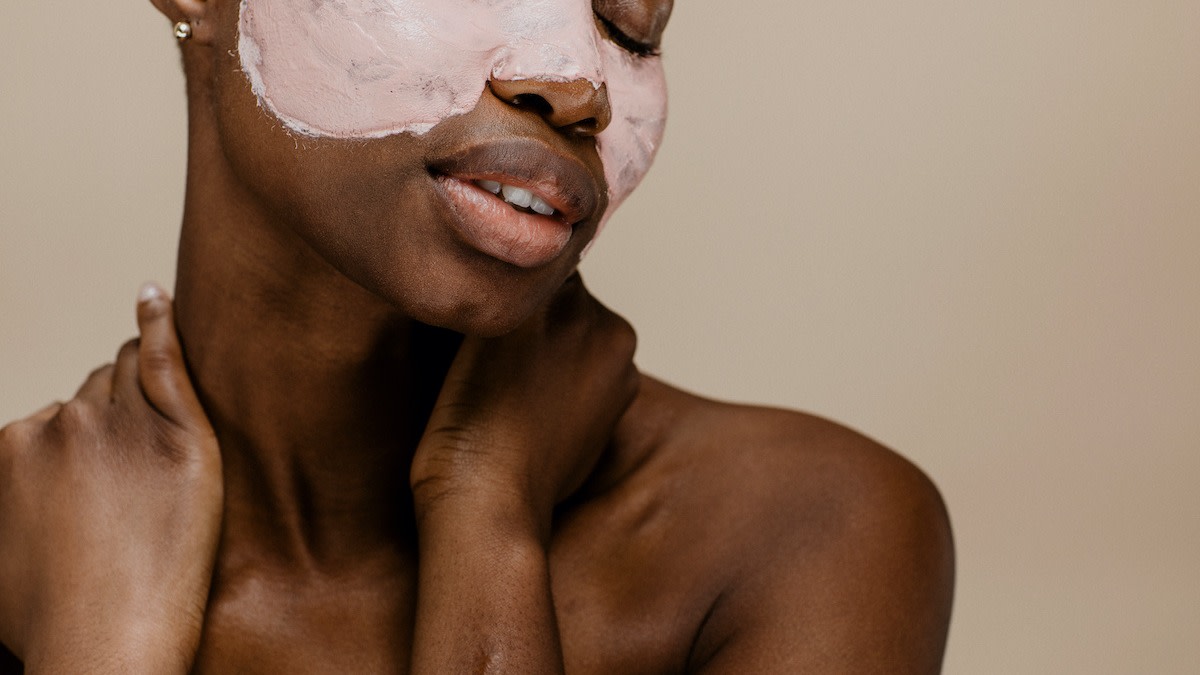Home & Lifestyle
How to Get Clear Skin: 11 Tips for Achieving Clear Skin
Written by MasterClass
Last updated: Mar 30, 2022 • 2 min read
Learn how to build a skincare routine to prevent and mitigate common skin conditions, such as blemishes, acne, and hyperpigmentation, for clear, glowing skin.
Learn From the Best
How to Get Clear Skin
Hormonal changes, sun exposure, dirt, and sweat can affect the clarity of your skin. Below are some general tips for how to get clearer skin.
- 1. Wash your face. Dirt, sweat, and makeup can irritate your face and clog your pores. Wash your face twice a day with warm water and a gentle facial cleanser free of fragrance.
- 2. Wear sunscreen. Wear an SPF sunscreen every day to help protect your face from the sun’s harmful UV rays, which can cause pigmentation and discoloration on your skin. You should wear broad-spectrum sunscreen even on cloudy days.
- 3. Moisturize your face. A good moisturizer will prevent skin dryness, which can cause redness and irritation. Moisturizing will also help your skin feel soft and supple. Use a gentle facial moisturizer—not use body lotion—to moisturize your face.
- 4. Refrain from picking your face. Avoid picking whiteheads or zits. Popping pimples can lead to acne scars and prevents the skin from healing properly after a blemish. Your hands can transfer dirt, oil, and bacteria to your face, so wash your hands frequently and avoid touching your face.
- 5. Stay hydrated. Hydration is vital for your body and your skin. Skin is the first part of the body to lose moisture, and water supports the skin’s elasticity and can help minimize wrinkles.
- 6. Eat a healthy diet. A diet rich in nutrients, especially antioxidants, can promote skin renewal and reduce inflammation. Processed foods high in sugar can trigger breakouts or redness. Alcohol consumption can also cause inflammation and hormone imbalance, leading to breakouts.
- 7. Develop a skin-care routine. Build a skin-care routine based on skin concerns and skin type—a person with oily skin or acne-prone skin will require a different regimen than someone with normal skin, combination skin, sensitive skin, or dry skin. Toner can remove excess oil from the skin and help unclog pores. Products containing retinoids, benzoyl peroxide, glycolic acid, and salicylic acid can help treat acne. You can use spot treatments or topical creams for blemishes and blackheads. If you have hyperpigmentation, facial serums with vitamin C can help fade dark spots and brighten your skin.
- 8. Get quality sleep. Skin repairs itself and produces collagen as you sleep. A lack of sleep can cause blemishes, eye circles, bags, and fine lines.
- 9. Exfoliate your skin. Exfoliating removes dead skin cells and promotes the regeneration of new skin cells. Use chemical exfoliants or physical exfoliates, such as scrubs, weekly. Not exfoliating can cause skin buildup, which can cause your skin to look dull.
- 10. Clean your makeup brushes. Regularly clean your makeup brushes to remove any bacteria. Make sure to also wash your face thoroughly after wearing makeup.
- 11. Consult a dermatologist. If you have specific skin needs or persistent skin problems—such as rosacea, hyperpigmentation, or acne—it is best to consult a dermatologist who can recommend treatment. A dermatologist can also suggest a skin-care regimen based on your skin type.
Learn More
Get the MasterClass Annual Membership for exclusive access to video lessons taught by the world’s best, including Bobbi Brown, RuPaul, Tan France, and more.
